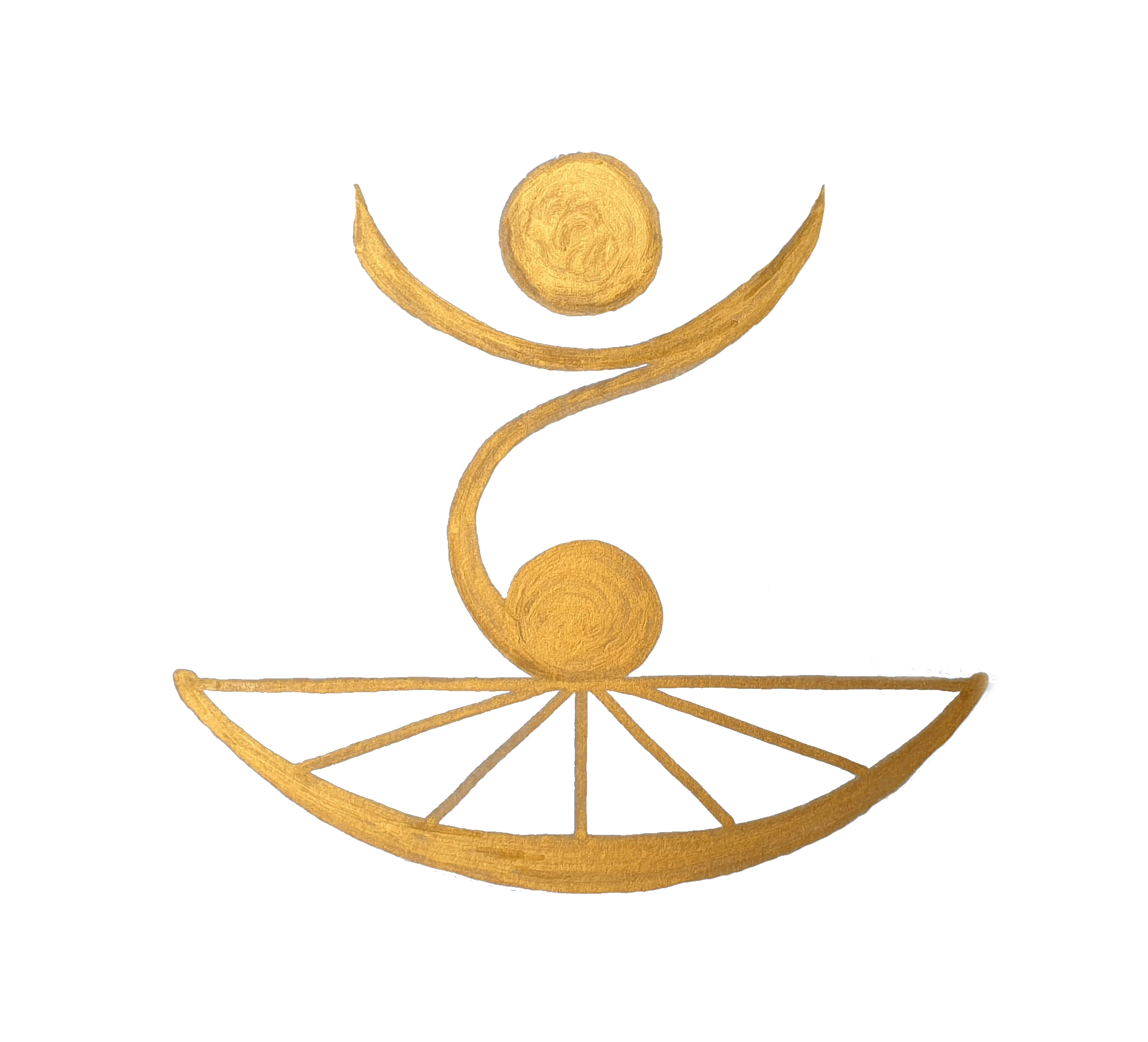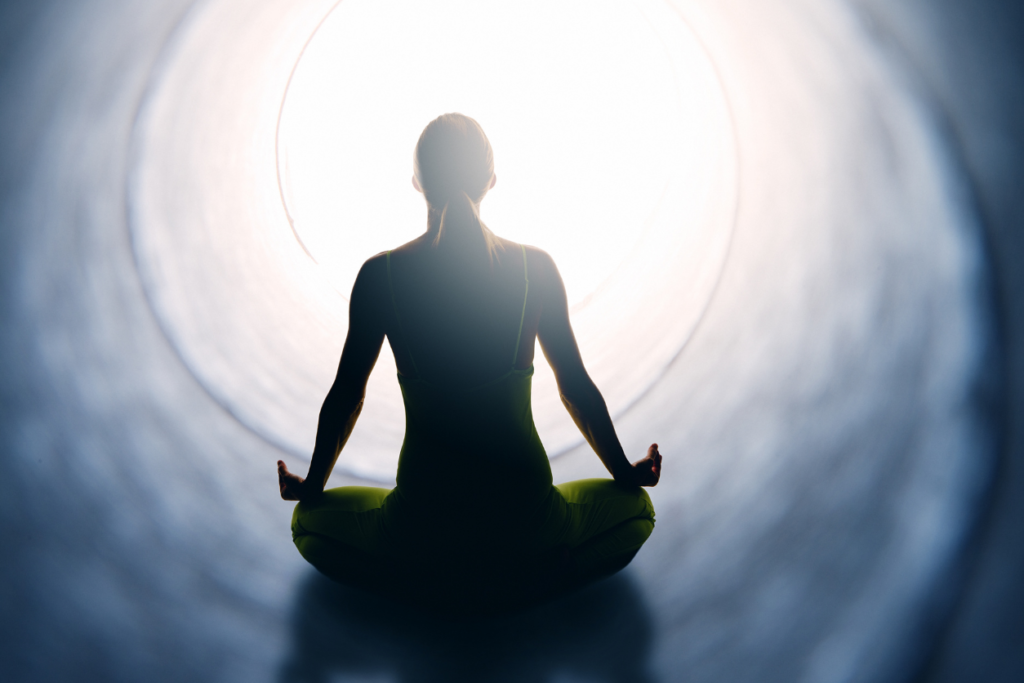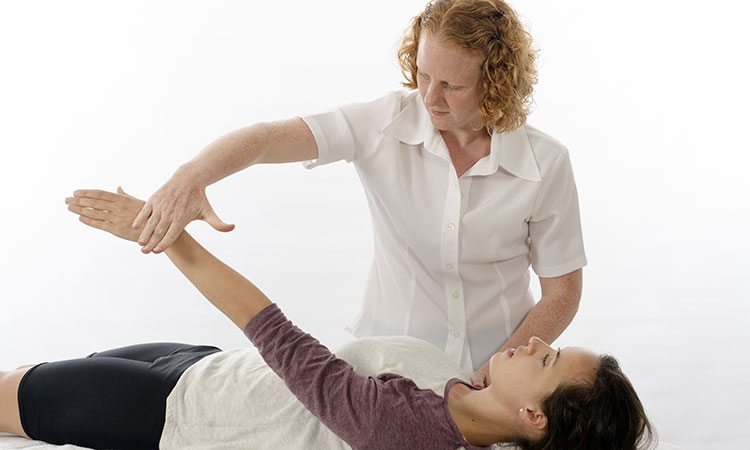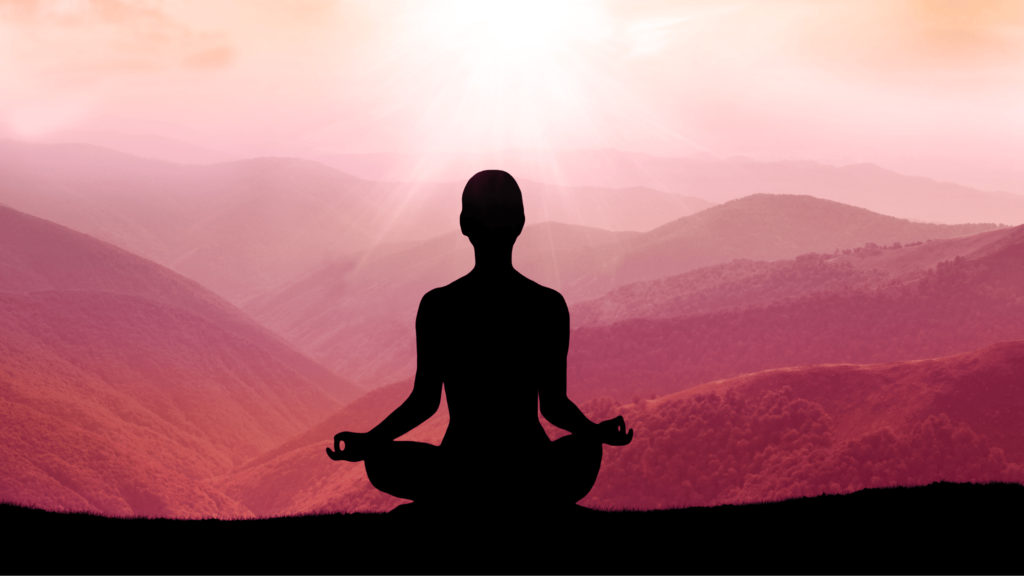Growing Up
In all kinds of situations, we can find out what is true simply by studying ourselves in every nook
and cranny, in every black hole and bright spot, whether it’s murky, creepy, grisly, splendid,
spooky, frightening, joyful, inspiring, peaceful, or wrathful. We can just look at the whole thing.
There’s a lot of encouragement to do this, and meditation gives us the method.
However, when we sit down to meditate and take an honest look at our minds, there is a
tendency for it to become a rather morbid and depressing project.
We can lose all sense of humor and sit with the grim determination to get to the bottom of this stinking mess. After a while, when people have been practicing that way, they begin to feel so much guilt and distress that they just break down, and they might say to someone they trust, “Where the joy in all this?”
So, along with clear seeing, there’s another important element, and that’s kindness. It seems
that, without clarity and honesty, we don’t progress. We just stay stuck in the same vicious
cycle. But honesty without kindness makes us feel grim and mean, and pretty soon we start
looking like we’ve been sucking on lemons. We become so caught up in introspection that we
lose any contentment or gratitude we might have had. The sense of being irritated by ourselves
and our lives and other people’s idiosyncrasies becomes overwhelming. That’s why there’s so
much emphasis on kindness.
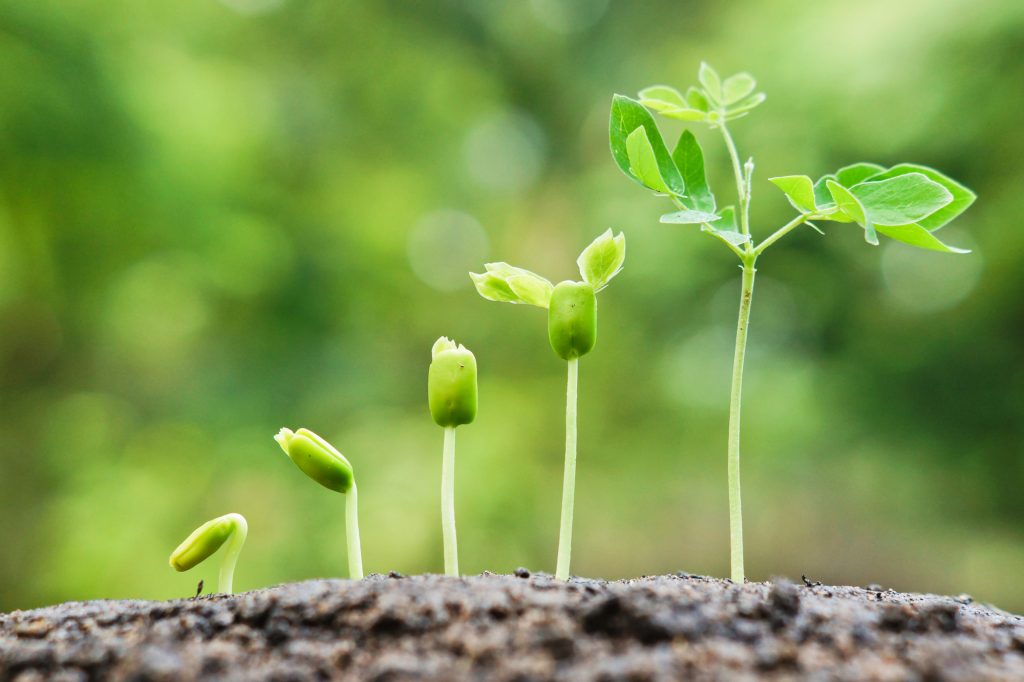
Sometimes it’s expressed as heart, awakening your heart. Often it’s called gentleness.
Sometimes it’s called unlimited friendliness. But basically kindness is a down-to-earth, everyday
way to describe the important ingredient that balances out the whole picture and helps us
connect with unconditional joy. As the Vietnamese teacher Thich Nhat Hanh says, “Suffering is
not enough.”
Discipline is important. When we sit down to meditate, we are encouraged to stick with the
technique and be faithful to the instructions, but within that container of discipline, why do we
have to be so harsh? Do we meditate because we “should?” Do we do it to please our teacher,
or to escape going to hell? How we regard what arises in meditation is training for how we
regard whatever arises in the rest of our lives. So the challenge is how to develop compassion
right along with clear seeing, how to train in lightening up and cheering up rather than becoming
more guilt-ridden and miserable.
Otherwise, all that happens is that we all cut everybody else down, and we also cut ourselves down. Nothing ever measures up. Nothing is ever good enough. Honesty without kindness, humor, and good heartedness can be just mean. From the very beginning to the very end, pointing out our own hearts to discover what is true isn’t just a matter of honesty but also of compassion and respect for what we see.
There’s an interesting transition that occurs naturally and spontaneously. We begin to find that,
to the degree that there is bravery in ourselves–the willingness to look, to point directly at our
own hearts–and to the degree that there is kindness toward ourselves, there is confidence that
we can actually forget ourselves and open to the world.
The only reason that we don’t open our hearts and minds to other people is that they trigger
confusion in us that we don’t feel brave enough or sane enough to deal with. To the degree that
we look clearly and compassionately at ourselves, we feel confident and fearless about looking
into someone else’s eyes.
Often the only way we know how to react is to use it as ammunition against ourselves. We
aren’t kind. We aren’t honest. We aren’t brave, and we might as well give up right now. But
when we apply the instruction to be soft and nonjudgmental to whatever we see right at that
very moment, then this embarrassing reflection in the mirror becomes our friend. Seeing that
reflection becomes motivation to soften further and lighten up more, because we know it’s the
only way we can continue to work with other s and be of any benefit to the world.
That’s the beginning of growing up. As long as we don’t want to be honest and kind with
ourselves, then we are always going to be infants. When we begin just to try to accept
ourselves, the ancient burden of self-importance lightens up considerably. Finally there’s room
for genuine inquisitiveness, and we find we have an appetite for what’s out there.
When Things Fall Apart by Pema Chodro
